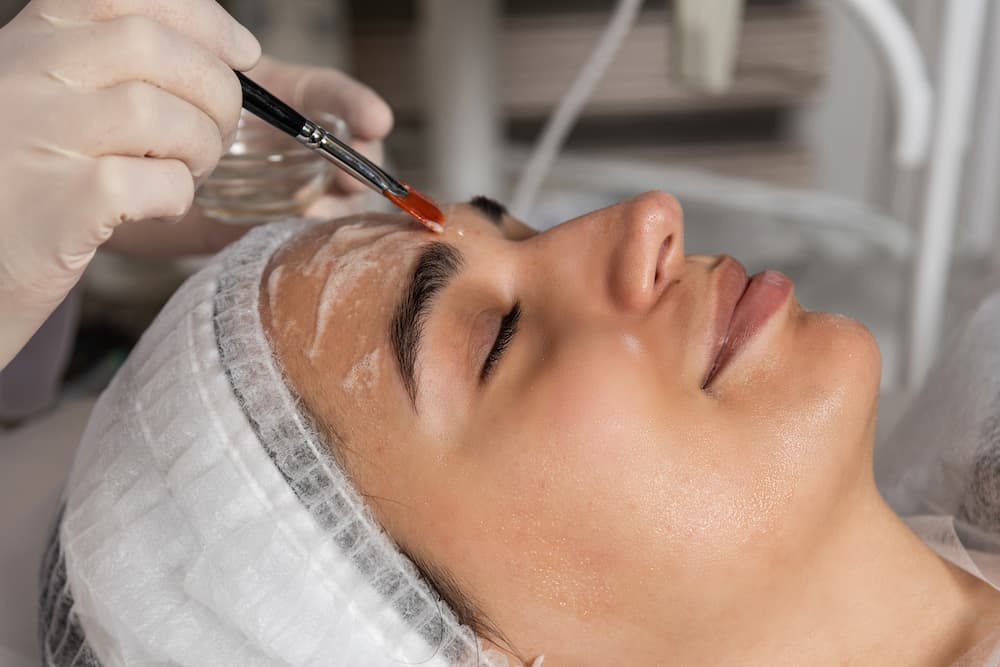Losing your hair can be incredibly traumatic, both physically and emotionally. You may feel like you’ve lost a part of yourself, and the process of accepting your new appearance can be long and difficult.
We want to help you understand hair loss and thinning hair, so that you can make informed decisions about your treatment options. In this post, we’ll cover the causes of hair loss, the most common treatments, and how to know when it’s time to see a doctor.
Why Is Hair Loss a Problem?
There are a number of reasons why hair loss can be a problem. Some people lose hair because of genetic factors, while others lose hair because of lifestyle choices, such as stress or poor nutrition. And for some people, hair loss can be a sign of a more serious medical condition.
Whatever the cause, hair loss can be very distressing, and it’s important to understand the facts so you can take the necessary steps to address the problem.
The Main Causes of Hair Loss and Thinning Hair
There are many different factors that can lead to thinning hair and hair loss. Some of the most common causes include:
❖ Hormonal changes, such as those that occur during menopause or after childbirth
❖ Nutritional deficiencies
❖ Autoimmune disorders
❖ Physical stress on the hair, such as from styling or chemical treatments
❖ Medications, such as oral contraceptives or blood pressure medications
❖ Severe illness or infection
How to Know if You Have a Hair Loss Problem
If you’re noticing that you’re losing more hair than usual, it’s important to determine if you actually have a hair loss problem. Here are three ways to know if you should seek help:
- Your hair loss is affecting your everyday life.
- You’ve lost a substantial amount of hair in a short period of time.
- You see bald patches or areas of thinning hair.
Home Remedies for Hair Loss and Thinning Hair
There are a number of home remedies for hair loss and thinning hair that you can try. However, it’s important to note that not all of them will work for everyone, and some may even have adverse effects. So it’s important to do your research before trying any of them.
Here are a few of the most popular home remedies for hair loss and thinning hair:
1. Baldness Prevention Shampoo
A shampoo that contains ingredients like caffeine and saw palmetto can help to prevent hair loss and stimulate new hair growth.
2. Apple Cider Vinegar
Apple cider vinegar is thought to help balance the pH levels of the scalp, which can help to promote healthy hair growth.
3. Castor Oil
Castor oil is a natural moisturizer that can help to nourish the scalp and promote hair growth.
4. Coconut Oil
Coconut oil is a natural moisturizer and anti-fungal agent that can help to keep the scalp healthy and free from infection.
When to See a Doctor for Hair Loss
If you’re experiencing significant hair loss, you should see a doctor for a diagnosis. Hair loss can be caused by many things, from stress and genetics to scalp infections and vitamin deficiencies. If the cause is treatable, catching it early can make all the difference in preventing further hair loss.
FAQs about Thinning Hair & Hair Loss
- What are the main causes of thinning hair and hair loss?
There are many different causes of thinning hair and hair loss, including genetics, hormonal changes, stress, scalp infections, and nutritional deficiencies.
- Can thinning hair be reversed?
In most cases, thinning hair cannot be reversed, but it can be slowed down or stopped with the right treatment.
- What is the best way to treat thinning hair and hair loss?
The best way to treat thinning hair and hair loss depends on the cause. Some treatments include medications, scalp massage, laser therapy, and wigs and extensions.
- What is the difference between thinning hair and baldness?
Thinning hair is a gradual process where hair becomes thinner and shorter. Baldness is a condition where large areas of the scalp are completely bald.
Conclusion
There are a variety of different causes for thinning hair and hair loss, and it’s important to understand the different types in order to get the best possible treatment. Some of the most common causes of hair loss are genetics, nutrient deficiencies, hormone imbalances, and scalp infections.
If you’re experiencing thinning hair or hair loss, it’s important to see a doctor or dermatologist to get a professional diagnosis and find the best treatment option for you. Don’t suffer in silence – there are a variety of treatments available that can help you regain your lost hair. Fill out the form below to contact our team.




.svg)



.svg)



.jpg)



.png)


